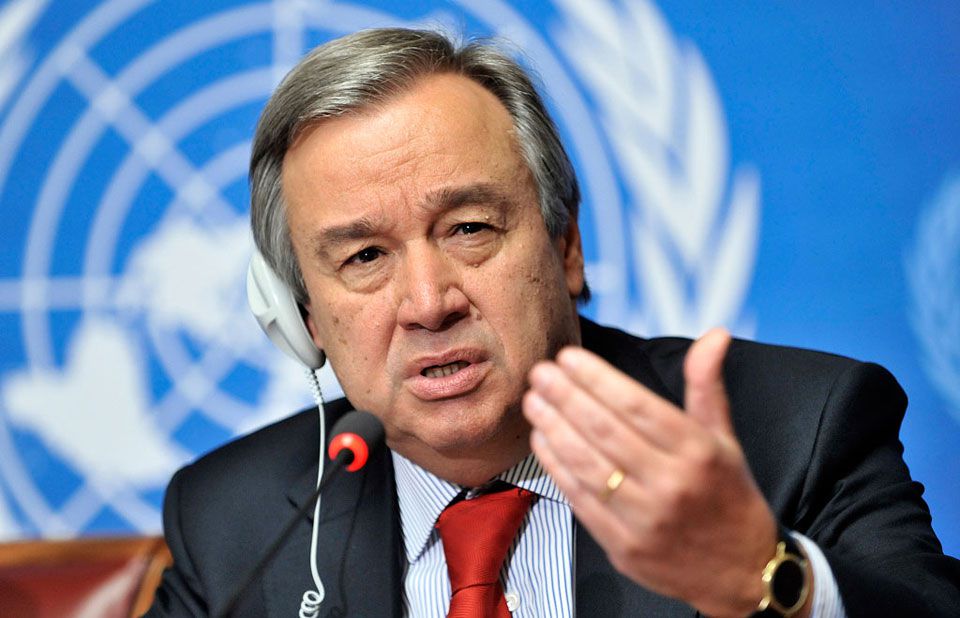Malaria can be defeated if means are embraced tightly, the UN Secretary General Antonio Guterres said on Sunday, marking World Malaria Day.
“Malaria can be defeated. This #WorldMalariaDay, I commend all countries that have reached the ambitious target of zero malaria. Together, they are showing the world that a malaria-free future is possible,” Guterres said on Twitter.
The UN chief, however, reminded that several countries, mostly African, are still suffering from the infectious disease.
As cited by the UN news website, he said malaria kills more than 400,000 people, mainly children in Africa and infects over 200,000 million every year.
Boosting hopes for the elimination of the disease, Guterres asserted: “With robust political commitment, adequate investment and the right mix of strategies, we can reach our common goal of a world free of malaria.”
WHO malaria-free certification
In February, El Salvador became the first country in Central America to be certified for Malaria elimination after proving that the country was Malaria-free for at least three consecutive years, according to the World Health Organization.
The WHO grants a certification of malaria elimination when a country has proven that the chain of indigenous transmission has been interrupted nationwide for at least the previous three consecutive years.
China, which registered zero indigenous cases in 2016 and has recorded no malaria cases since then, applied last year for the WHO malaria-free certification.
According to the UN health body, between 2000 and 2019, the number of countries with less than 100 indigenous malaria infections increased from six to 27, posing as “a strong indicator” that malaria elimination can be achieved.
In 2019, Africa accounted for 94% of Malaria cases and deaths worldwide. Roughly 3% of malaria infections were recorded in South-East Asia and 2% in the Eastern Mediterranean region, while Americas and Western Pacific region each accounted for fewer than 1% of all cases.
Malaria is a life-threatening disease caused by parasites that are transmitted to people through the bites of infected female Anopheles mosquitoes. It is preventable and curable.
It is an acute febrile illness. In a non-immune individual, symptoms usually appear 10-15 days after the infective mosquito bite.
Nearly half the world’s population lives in areas at risk of malaria transmission in 87 countries and territories. In 2019, malaria caused an estimated 229 million clinical episodes and 409,000 deaths. An estimated 94% of deaths in 2019 were in Africa, according to the WHO.













